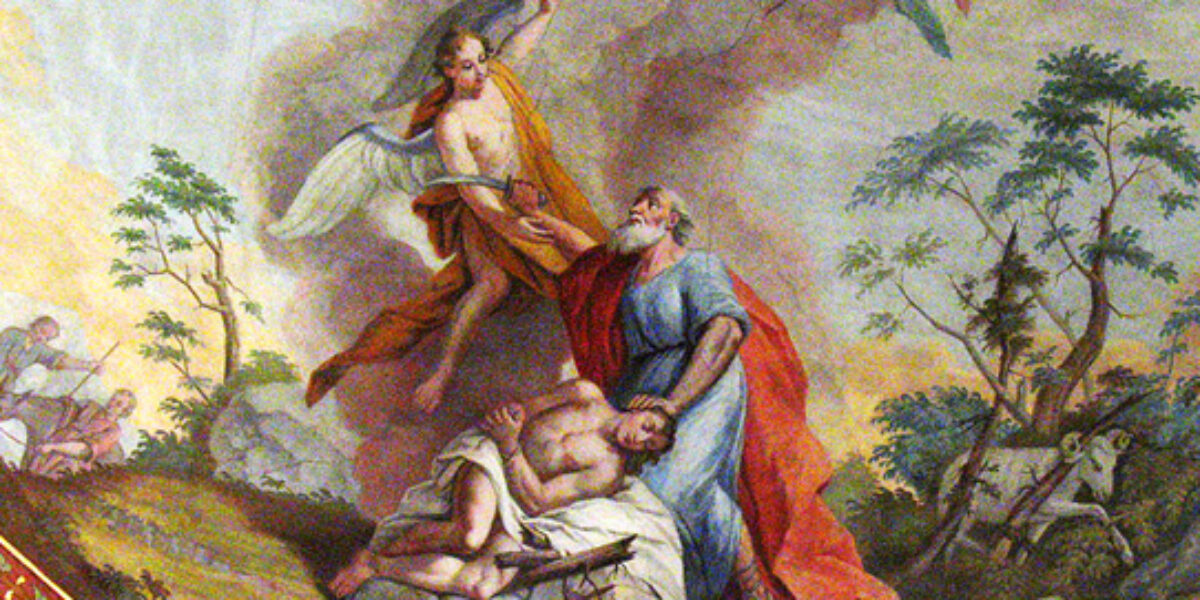Abraham first appears in Genesis 11, but his legacy lasts throughout the New Testament. Find out who Abraham was and what role he played in biblical history.
Who was Abraham and why was he important? Find out now.
The list of the descendants of Noah’s sons comes to an end (Gen 11:26) with Abram (“exalted father”). He later became known as Abraham (“father of many”). God told Abram (Gen 12:1-3) to move from his home in Ur of the Chaldees (in southern Mesopotamia) to the land of Canaan. God promised that his family would become “a great nation” with a special relationship to God. And all nations would be blessed because of Abraham and his wife Sarah and their descendants(Gen 12:1-3; 15:1-21). So Abraham went with Sarah and his nephew Lot. After passing through places that would be important in the later history of Israel (Shechem and Bethel; Gen 12:4-9) and after a long stay in Egypt, they settled in the land of Canaan. Lot settled east of the Jordan River, and Abraham settled to the west, where he lived by the sacred trees of Mamre near Hebron (Gen 13).
God promised Abraham that he would have many descendants, even though he and his wife Sarah had no son (Gen 15). Finally, when Abraham was ninety-nine, Sarah bore him a son. This son was named Isaac, meaning “laughter” or “laughted,” because Sarah laughed at the idea that she would have a child in her old age (Gen 18:9-15). Abraham trusted God’s promise (Gen 17:1-27), and the child was born. Isaac was circumcised as a sign of Abraham’s special relationshp with God (Gen 21:1-7). Abraham’s trust in God continued even when God told him to offer Isaac as a sacrifice. But God spared Isaac and once again promised Abraham that his numerous descendants would be a blessing to all the nations of the earth (Gen 22:1-19).
In the New Testament, Abraham is frequently given as an example of human trust in the promises of God (Acts 7:2-50; Rom 4:1-25; Gal 3:1-29; Heb 6:13-14; 7:1-10; 11:8).




